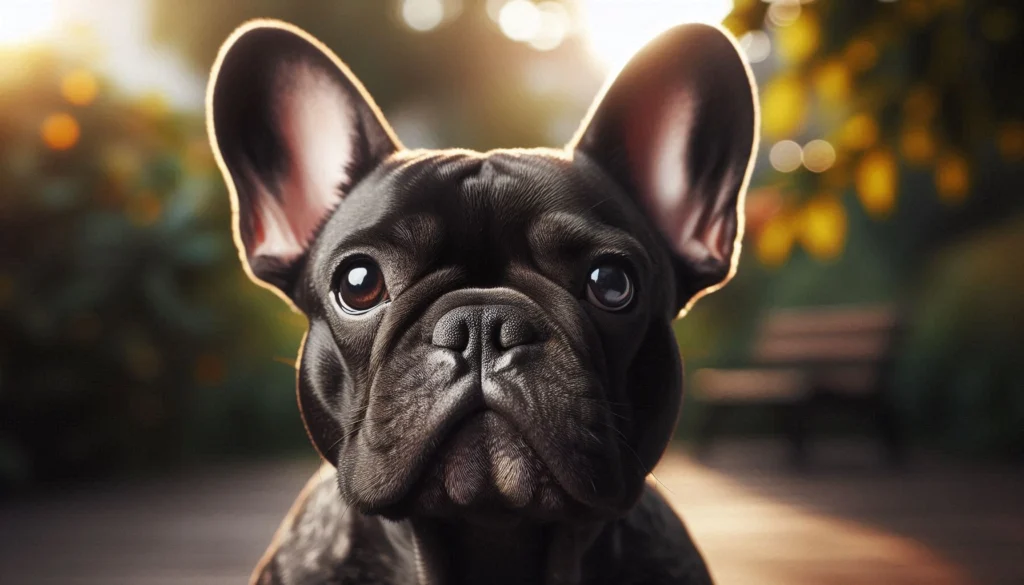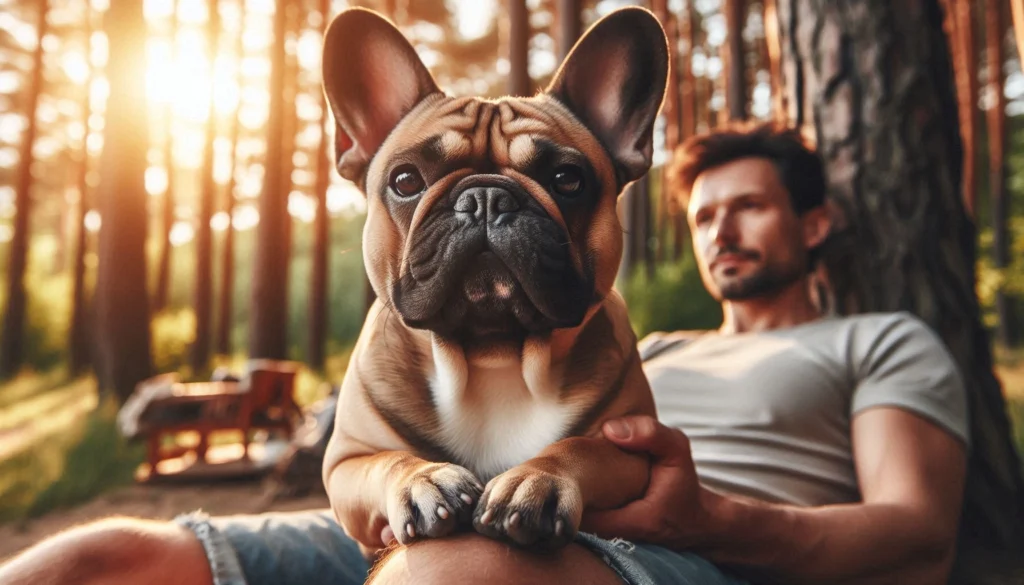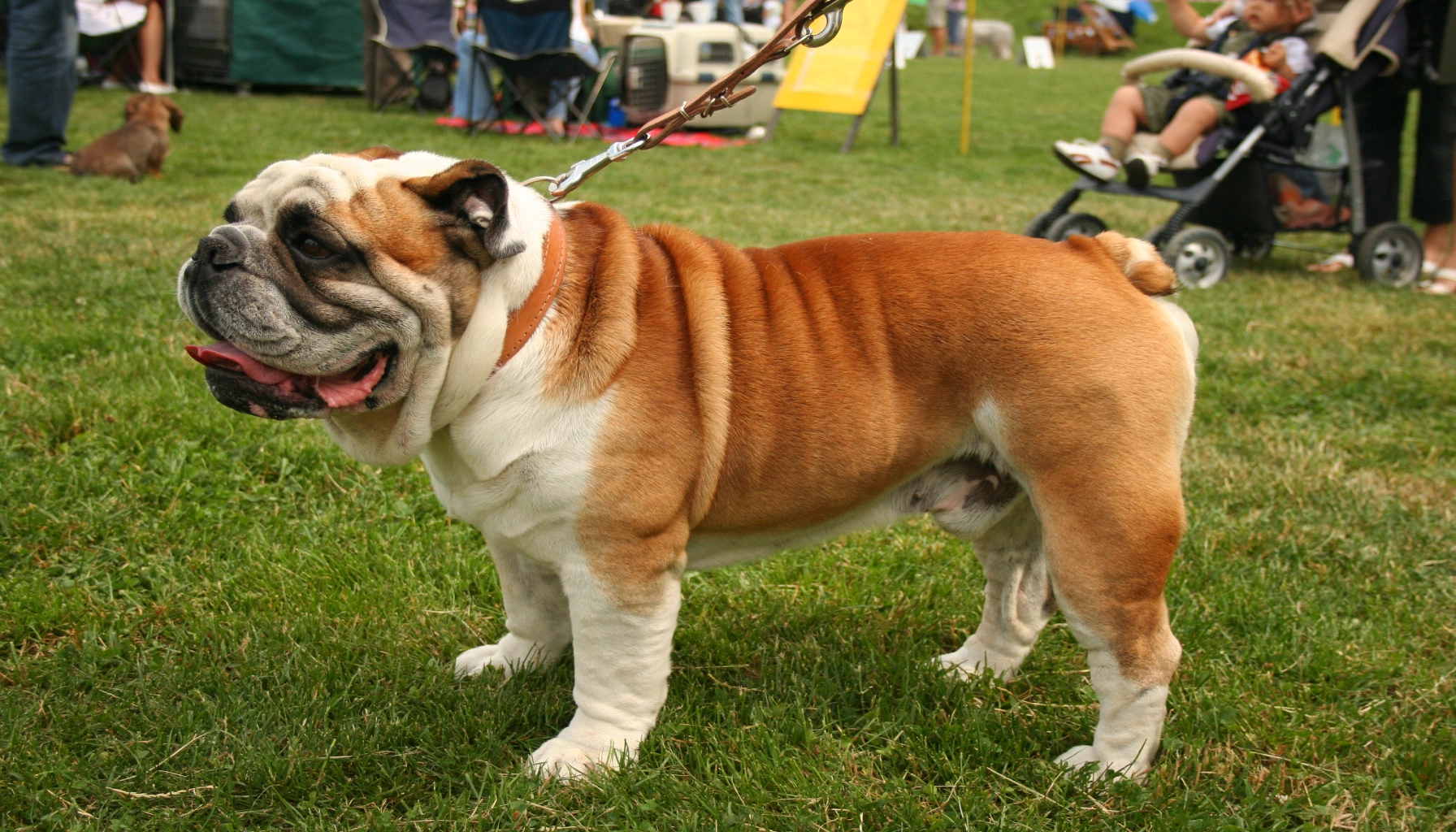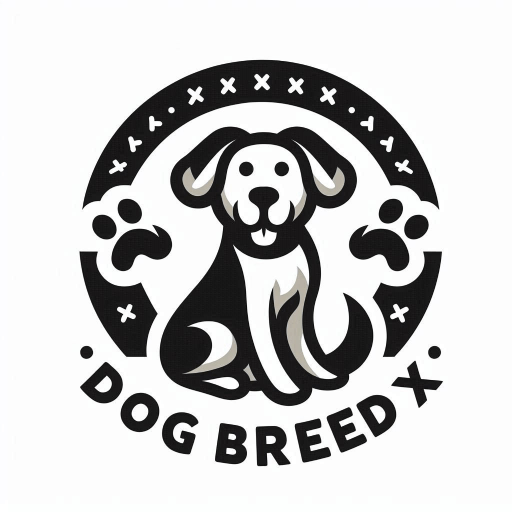Table of Contents
French Bulldog Dog Breed
The French Bulldog, often affectionately called a “Frenchie,” is one of the most popular dog breeds in the world, and it’s easy to see why. With their distinctive bat-like ears, compact size, and endearing personality, French Bulldogs have captured the hearts of dog lovers everywhere. Known for their adaptability, affectionate nature, and playful demeanor, French Bulldogs make excellent companions for a wide variety of households, from bustling families to single apartment dwellers. This article delves into the unique characteristics, history, and care needs of the French Bulldog, offering a comprehensive guide to help you understand why this breed might be the perfect addition to your home.
French Bulldog Dog History and Origin

The French Bulldog’s history is as intriguing as the breed itself. Originating in the 1800s, the French Bulldog was developed in England as a smaller version of the English Bulldog. These small Bulldogs became popular among lace workers in the city of Nottingham, who brought them along when they emigrated to France during the Industrial Revolution. In France, these dogs were further refined, and the breed we know today began to take shape.
The French Bulldog quickly gained popularity in Paris, particularly among the bohemian and artistic communities. They became known as the “Bouledogue Français,” and their distinctive bat ears and compact, muscular build became highly fashionable. By the late 19th century, the breed had made its way back to England and the United States, where it continued to gain popularity.
The French Bulldog was officially recognized by the American Kennel Club (AKC) in 1898. Today, they are one of the most beloved breeds worldwide, known for their playful yet easygoing nature and their ability to adapt to a wide range of living situations.
French Bulldog Dog Physical Characteristics

The French Bulldog is a small, sturdy dog with a distinctive appearance that sets it apart from other breeds. Their compact size and unique features make them instantly recognizable.
Size and Build
French Bulldogs typically stand about 11 to 12 inches tall at the shoulder and weigh between 16 to 28 pounds, with females generally being slightly smaller than males. Despite their small stature, they are muscular and well-built, with a solid, stocky frame.
Coat and Colors
The coat of a French Bulldog is short, smooth, and fine, making it relatively low maintenance in terms of grooming. The breed comes in a variety of colors, including brindle, fawn, cream, and various shades of pied (a mix of white and another color). Some French Bulldogs may also have markings, such as a black mask or white patches, adding to their unique appearance.
Distinctive Features
One of the most recognizable features of the French Bulldog is its large, bat like ears, which stand erect on the top of their head. These ears, combined with their flat, wrinkled face and expressive, round eyes, give the French Bulldog a unique and charming appearance. Their short, broad snout contributes to their signature “smushed” face, while their tail is typically short and can be either straight or screwed.
Temperament and Personality
French Bulldogs are known for their friendly and affectionate nature. They are sociable dogs that love to be around people and are particularly known for their ability to form strong bonds with their owners. This breed is generally playful and enjoys engaging in activities with their family, but they are also content to relax and cuddle on the couch.
Interaction with People, Children, and Other Animals
French Bulldogs are typically great with people, including children, making them excellent family pets. They are patient and gentle with kids and can be quite playful, enjoying games and interaction with their human companions. However, like all dogs, interactions between French Bulldogs and very young children should be supervised to ensure safe play.
When it comes to other animals, French Bulldogs can get along well with other dogs, especially if they are socialized from a young age. They tend to be more indifferent to cats and other pets, although their reaction can vary depending on the individual dog’s temperament. Socialization is key to ensuring that your French Bulldog is well-mannered around other animals.
Health and Lifespan
The French Bulldog, like many other breeds, has some specific health concerns that potential owners should be aware of. With proper care and attention, French Bulldogs can lead happy, healthy lives.
Common Health Issues
Due to their unique physical characteristics, French Bulldogs are prone to certain health problems, including:
- Brachycephalic Syndrome: This condition is related to the breed’s short snout, which can cause breathing difficulties. It’s important to monitor your Frenchie in hot weather or during exercise to ensure they don’t overexert themselves.
- Hip Dysplasia: A common issue in many dog breeds, hip dysplasia can lead to discomfort and arthritis in later life.
- Patellar Luxation: This is a condition where the kneecap dislocates, which can cause pain and lameness.
- Allergies: French Bulldogs are prone to skin allergies, which can lead to itching, redness, and discomfort. Regular grooming and monitoring for signs of irritation are essential.
- Intervertebral Disc Disease (IVDD): This condition affects the spinal discs and can cause pain, mobility issues, or even paralysis if not managed properly.
Lifespan
The average lifespan of a French Bulldog is around 10 to 12 years, though with proper care, some may live longer. Regular veterinary check-ups, a balanced diet, and appropriate exercise are key to ensuring your French Bulldog enjoys a long, healthy life.
Keeping Your French Bulldog Healthy
To keep your French Bulldog healthy, it’s important to provide regular veterinary care, including vaccinations, parasite prevention, and routine health checks. Monitoring their diet to prevent obesity is crucial, as excess weight can exacerbate many of the health issues common in the breed. Additionally, due to their brachycephalic nature, it’s important to avoid exposing your French Bulldog to extreme heat and to ensure they don’t overexert themselves during exercise.
Care and Grooming

French Bulldogs are relatively low-maintenance in terms of grooming, but they do have specific care needs that should be addressed to keep them looking and feeling their best.
Grooming Needs
The French Bulldog’s short coat is easy to care for, requiring only occasional brushing to remove loose hair and keep their coat shiny. However, because of their skin folds and wrinkles, especially on their face, regular cleaning is necessary to prevent infections and irritations. Bathing should be done as needed, but not too frequently, as over-bathing can strip their coat of its natural oils.
In addition to coat care, regular ear cleaning, nail trimming, and dental care are important for keeping your French Bulldog healthy. Their ears should be checked regularly for signs of infection, and their nails should be trimmed to prevent overgrowth and discomfort. Brushing their teeth regularly can help prevent dental issues, which are common in small breeds.
Exercise Requirements
French Bulldogs have moderate exercise needs. While they enjoy playtime and walks, they are not as high-energy as some other breeds and are generally content with short bursts of activity throughout the day. Due to their brachycephalic nature, it’s important to avoid strenuous exercise, especially in hot weather, as they can overheat easily.
A daily walk combined with some playtime at home or in a fenced yard is usually sufficient to keep your French Bulldog happy and healthy. Mental stimulation through toys, puzzles, and interaction with their owners is also important, as this breed enjoys using its brain as much as its body.
Dietary Recommendations
A balanced diet is essential for maintaining the health of a French Bulldog. High quality dog food that meets the nutritional needs of small breeds is recommended. Monitoring their food intake and avoiding overfeeding is crucial, as French Bulldogs are prone to obesity, which can lead to additional health problems.
Fresh water should always be available, and treats should be given in moderation. If you’re unsure about the best diet for your French Bulldog, consulting with your veterinarian can provide you with specific recommendations based on your dog’s age, activity level, and overall health.
Training and Socialization
French Bulldogs are intelligent and eager to please, which generally makes them relatively easy to train. However, they can also be somewhat stubborn, requiring a patient and consistent approach to training.
Training Tips
French Bulldogs respond well to positive reinforcement based training methods, such as treats, praise, and play. Early training should focus on basic obedience, such as sit, stay, and recall, as well as leash training and housebreaking.
Because French Bulldogs can be a bit stubborn, it’s important to keep training sessions short and engaging to maintain their interest. Consistency is key, as well as using positive reinforcement to encourage good behavior.
Socialization Strategies
Socialization is crucial for ensuring that your French Bulldog grows into a well adjusted adult. Exposing your dog to a variety of people, animals, and environments from a young age will help them become more adaptable and confident. Puppy socialization classes, regular playdates, and visits to different environments can help your French Bulldog develop good social skills and prevent fearfulness or aggression later in life.
Suitability as a Family Pet

French Bulldogs are known for their adaptability and make excellent family pets. Their affectionate and easygoing nature makes them well-suited to a variety of living situations, including apartments and houses with or without a yard.
Living Environment Considerations
French Bulldogs are highly adaptable and can thrive in both city and suburban environments. They do well in apartments due to their small size and moderate exercise needs, but they also enjoy having access to a yard where they can play and explore. However, they should not be left outside for extended periods, especially in hot or cold weather, due to their sensitivity to extreme temperatures.
Energy Levels
French Bulldogs have moderate energy levels, making them suitable for a wide range of households. They enjoy playtime and walks but are also content to relax and cuddle with their owners. This balance of activity and relaxation makes them an ideal companion for those who want a dog that is both playful and laid-back.
Fun Facts and Trivia
- The French Bulldog is sometimes referred to as a “clown in the cloak of a philosopher” due to their humorous, playful personality combined with a thoughtful expression.
- French Bulldogs were originally bred as companions for lace workers in England before becoming popular in France.
- They are known for their “talkative” nature, often making various noises, including snorts, grunts, and “talking” sounds, which adds to their charm.
- French Bulldogs are not strong swimmers due to their heavy head and short legs, so it’s important to supervise them around water.
Dog Breeds Similar to French Bulldog



1. Boston Terrier
The Boston Terrier is a small, sturdy breed known for its friendly and outgoing nature. Like the French Bulldog, Boston Terriers are compact, with a short coat and a “smushed” face. They are energetic and affectionate, making them great companions for families and individuals alike.
2. Pug
The Pug is another small breed with a distinctive flat face and a charming personality. Pugs are known for their playful and affectionate nature, and like French Bulldogs, they are highly adaptable to different living environments. Both breeds share a love of companionship and a tendency to form strong bonds with their owners.
3. English Bulldog
The English Bulldog is the larger cousin of the French Bulldog, known for its muscular build and characteristic wrinkled face. While English Bulldogs are larger and more robust, they share the French Bulldog’s affectionate and loyal temperament. Both breeds are known for their easygoing nature and suitability as family pets.
Conclusion
The French Bulldog is a delightful breed that offers a perfect blend of playfulness, affection, and charm. Whether you’re looking for a loyal companion, a playful friend for your children, or a dog that can adapt to apartment living, the French Bulldog is an excellent choice. However, prospective owners should be aware of the breed’s specific health needs and be prepared to provide the care and attention they require. If you’re considering adding a French Bulldog to your family, take the time to learn about their unique characteristics and ensure that you’re ready to meet their needs.
FAQs
Is the French Bulldog a dangerous dog?
No, the French Bulldog is not a dangerous dog. They are known for their friendly and affectionate nature. While they may be protective of their family, they are not aggressive and are typically very sociable with people and other animals. Proper training and socialization from a young age will help ensure that your French Bulldog is well behaved and confident.
Is the French Bulldog the best guard dog to protect my family?
The French Bulldog is not typically considered a guard dog. While they are alert and may bark to alert you to unusual activity, they are not aggressive and are more suited to being a companion than a protector. For those seeking a dedicated guard dog, breeds like the German Shepherd or Rottweiler may be more appropriate. However, French Bulldogs can be good watchdogs due to their alert nature and strong bond with their owners.




